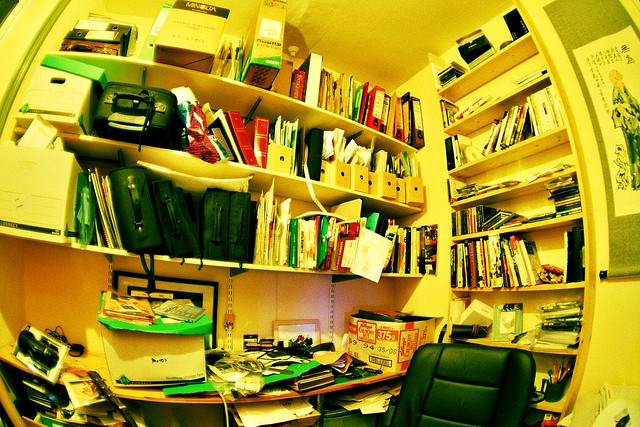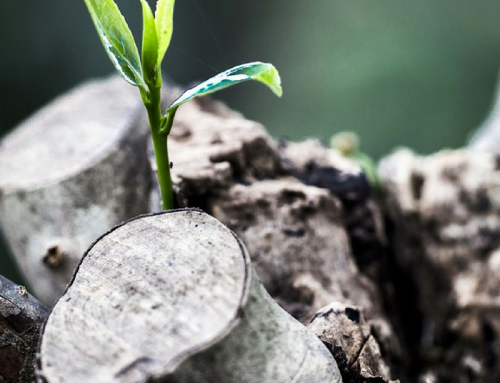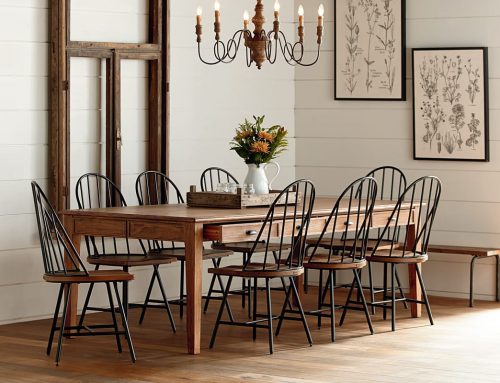All this month, we’re helping you to achieve the New Year’s goal of de-cluttering your home (and for that matter your life). But at some point we realized that you may not even imagine that you have clutter or too much “stuff.” And, at a more basic level, we simply haven’t defined what we mean by clutter. So we thought we’d back this train up a bit and make sure that we’re all on the same page about what exactly clutter is (and isn’t).
Let’s Start with the Dictionary Definition
We find (likely the same as you find) that when defining something it’s always best to start with the dictionary and build out from there. So we turned to Merriam-Webster and found that they define clutter as follows:
(v) 1. to run in disorder 2. to fill or cover with scattered or disordered things that impede movement or reduce effectiveness
(n) a large amount of things that are not arranged in a neat or orderly way : a crowded or disordered collection of things.
As a side note, not related to our working definition (but a fun fact), the word comes from Middle English and its first recorded use was in 1556.
So, Is That Definition Helpful?
Chances are, there isn’t any part of that definition that you didn’t know. It represents a broad range of representations of clutter – from your desk (you do not even want to see ours!) to your garage to an entire house. So why is clutter such a big deal to us? Because our definition of clutter also includes the statement it makes about contemporary addictive consumerism as well as its mental impact on you. If we were going to write the definition of clutter, it would sound and read a lot like this:
Clutter (n): an entire state of being that involves the mass accumulation of “stuff” which typically takes over the accumulator’s home and living quarters as well as work spaces and vehicle spaces. While clutter is typically disorganized and in disarray, it’s true defining characteristic is that amount of physical and mental space it takes up. Clutter is representative of the current state of addictive consumerism in which the idea of having more “stuff” defines you as a person and leads to an unwillingness to let go of items and a tendency to infuse physical items with emotional or intangible mental value. In addition to taking up physical space and requiring monetary resources to build and add to, areas of clutter also impact the overall mental peace of mind and clarity of the clutterer.
Yes, we know, our definition is a lot more complicated. But we also think that it’s a better representation of what clutter in the current era is.
So, Do You Have Clutter?
That’s the real question here, because if you do have clutter it’s an admirable (and healthy) goal to want to clear the clutter out of your home and life. Here are some basic questions to ask yourself in case you’re still wondering after reading the definitions above:
– Is your home or space full of items that you don’t actually use? Are there multiple items that you haven’t even touched or seen in over a year?
– Do you have an emotional reaction to the idea of cleaning out a closet and getting rid of items in there?
– Do you believe that there’s comfort in having “more” stuff?
– Does your home (or spaces in your home) feel crowded and overrun by “stuff?” Does this actually make you feel safe?
Of course, determining if you have clutter can be much more complex (or simple) than those four questions, but they’re a great place to start. So, do you have clutter?
What Should You Do If You Have Clutter?
Well of course you keep reading! In addition to the nine how-to and self-help articles we’ll be releasing this month, we have an entire library of articles on how to address a clutter habit and become clutter-free. Clutter doesn’t have to own you – and you’ll not only have a cleaner house if you de-clutter, you’ll also have a cleaner mind and be well on your way to finding the satisfaction of enough for today.
Did we miss part of the definition of clutter that you want to share with us? If so, just tell us about it on one of the social media channels below.
Facebook | Twitter | Instagram | Tumblr | Pinterest | Google+




